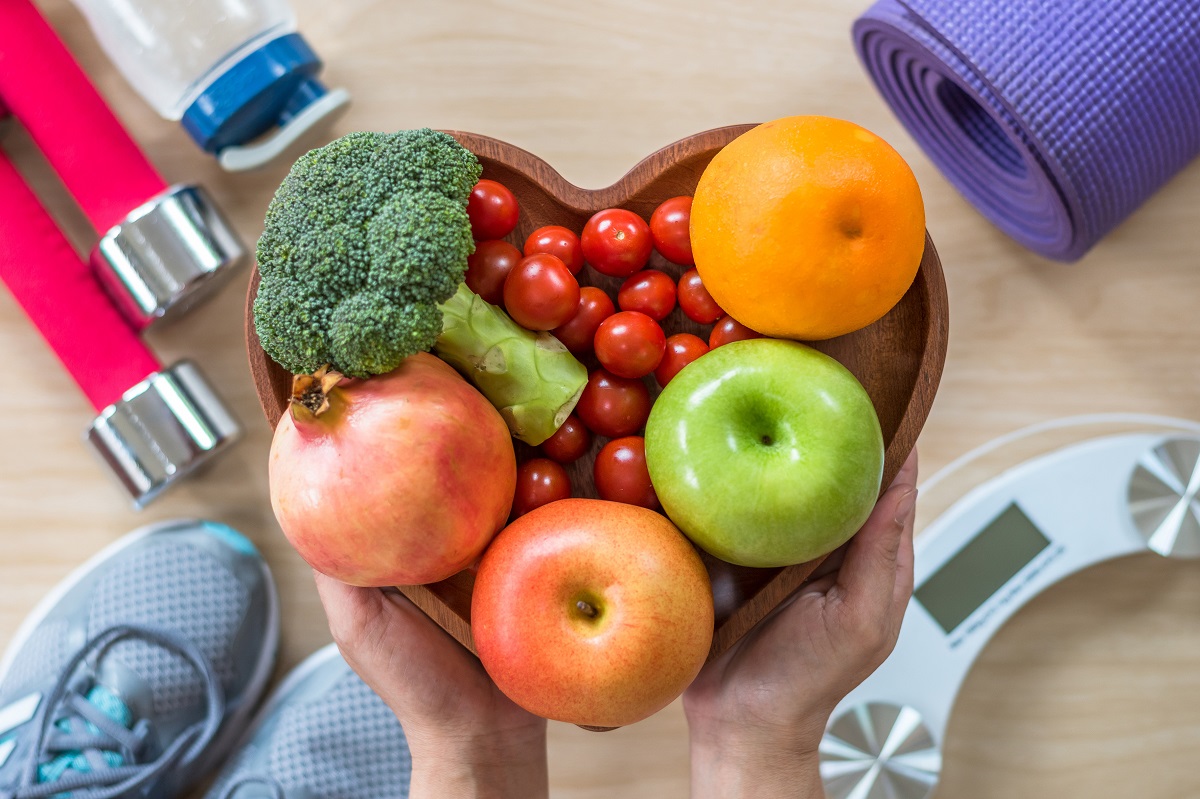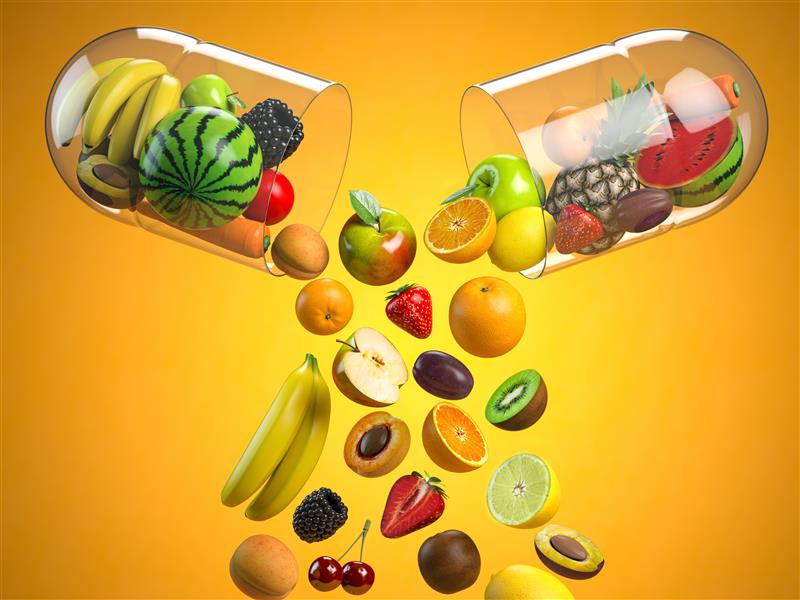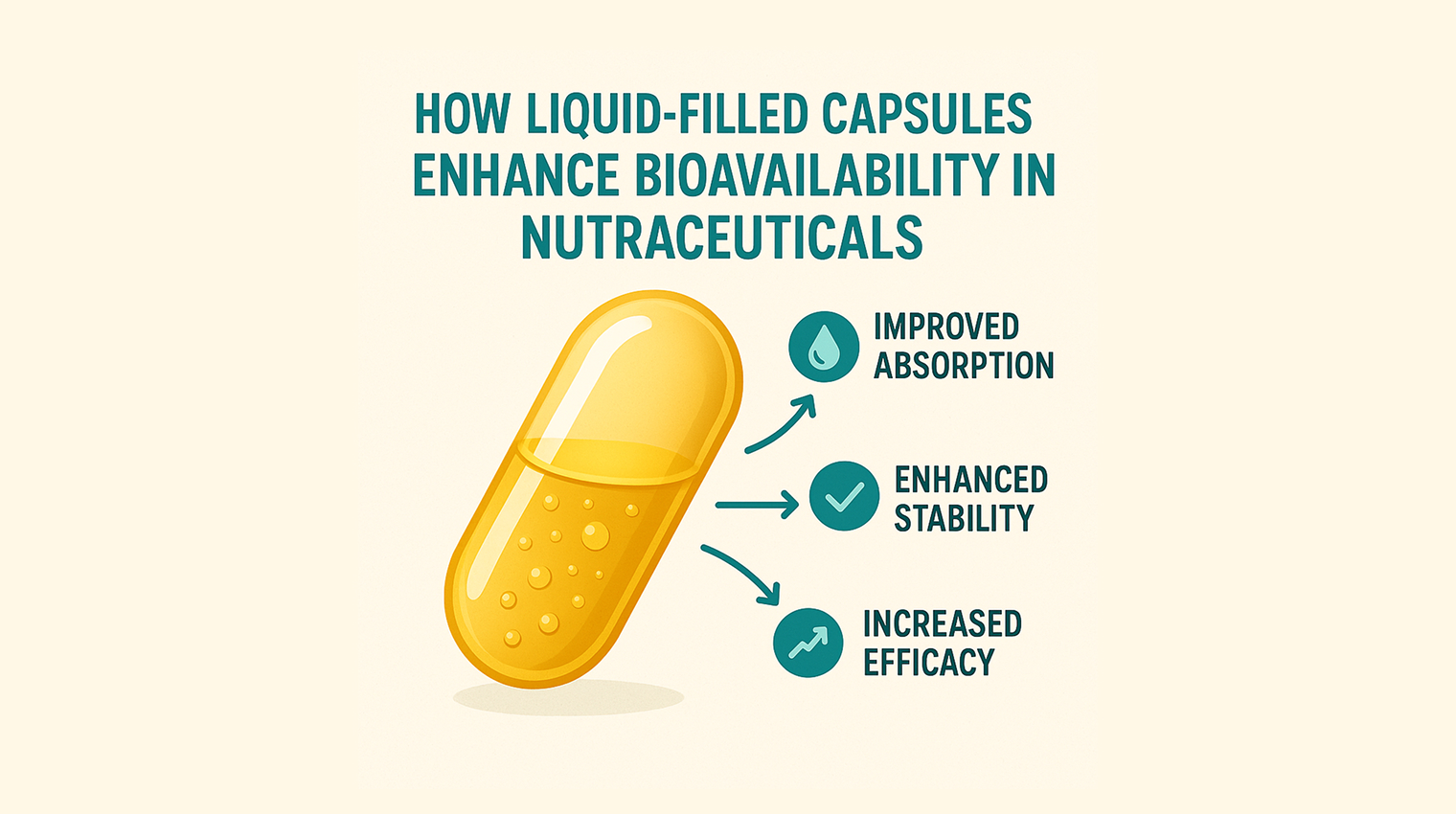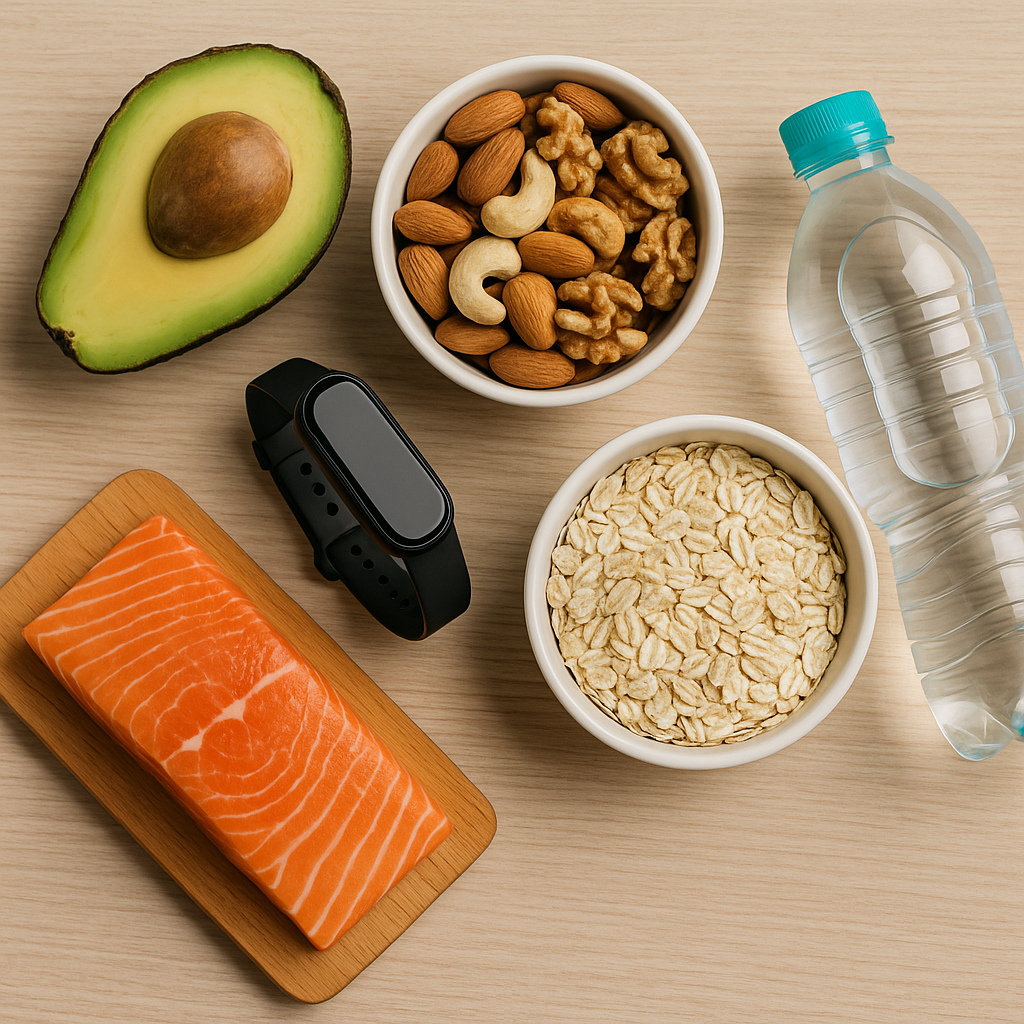“The problem with heart disease is the first symptom is often fatal.”
-Michael Phelps
One of the leading causes of death worldwide is heart disease. The heart is a relentless organ that beats to deliver blood to every organ in the body. In recent time, patients who have recovered from COVID-19 are much more likely to develop cardiovascular diseases, dysrhythmias, pericarditis, ischemic and non-ischemic heart disease, myocarditis, and heart failure. As a result, it is critical to prioritize your heart health because a strong heart is essential to your overall health.
While heart health s dependent on various factors, dietary supplements may help support cardiac function. Supplements cannot directly prevent an adverse outcome but can help reduce your risk for the same. These heart health supplements can be in the form of herbs, minerals, vitamins, amino acids, or fragments of these substances, and they can be consumed orally. They should not be viewed as a substitute for food and are meant to augment the diet. The supplements for heart health are as follows:
Coenzyme Q 10 (CoQ10)
A coenzyme is an organic substance that binds with an enzyme to enhance its functioning. Co Q10 is a vitamin-like coenzyme found throughout the body. The CoQ10 made in the body is utilized for cell growth and support. It acts as an antioxidant, safeguarding the body from the harmful effects caused by certain free radicals produced due to various metabolic processes. However, during stressful periods, the body cannot produce sufficient CoQ10 and supplementation has proven beneficial. It is associated with lowering blood pressure and the risk for cardiac issues.
Sources
It is found in organ meats, seafood like salmon, trout sardines, green leafy vegetables, spinach, cauliflower, broccoli, soybeans, lentils, peanuts, sesame seeds, oranges, and strawberries.
Functions
- Improved exercise performance
- Protective against congestive cardiac failure
- Improves aging
- Counters the side effects of various medicines
Dosage
- 90–200 mg of CoQ10 per day is the recommended dose
- 300–600 mg may be required in some diseased conditions as prescribed by your healthcare provider
Sterols and Stanols
Sterols and stanols are compounds having a similar molecular structure to cholesterol. When we eat food, the small intestine absorbs cholesterol from the food. Plant stanols and sterols compete with dietary cholesterol for absorption. These sterols and stanols mimic the body’s cholesterol and prevent the body from absorbing the bad cholesterol, thus keeping your blood lipid profile in check. Heart health supplements containing Sterols and Stanols can greatly help in improving your overall health.
Sources
- Legumes
- Nuts
- Seeds
- Fruits and vegetables.
- Drinks fortified with sterols and stanols.
Dosage
- Total daily intake can range from 500 mg to 1.3 grams [1].
Fiber
Fiber protects against heart disease by lowering blood pressure by decreasing cholesterol. Fibrinolytic activity and improving insulin sensitivity [2].
Sources [3]
- Nuts
- Whole grains
- Brown rice
- Potatoes
- Berries
- Beans
Dosage
- Women: 25 to 40 grams of fiber a day
- Men: 30 to 50 grams a day. [4]
Magnesium
Magnesium is closely associated with muscle health, including that of the heart. Magnesium protects cardiac health by regulating the rhythm of heart beats as it is linked with the transportation of electrolytes. [5].
Sources
- Nuts
- Spinach
- Pumpkin seed.
- Pulses
Dosage
- Men: 440 mg/day
- Women: 370 mg/day [46]
Folic Acid
People who consume folic acid have shown to have a reduced risk for cardiovascular diseases as per studies. Folic acid lowers the levels of homocysteine (an amino acid) in the blood. A higher level of homocysteine is unhealthy for heart health and offers an increased risk of blood clotting & hardening of arteries.
Sources
- Chickpeas and kidney beans
- Green leafy vegetables such as cabbage, spring green, spinach
- Peas
- Cereals
- Broccoli
- Liver
- Peanuts
- Fresh juice
Dosage: 220 to 300 mcg/day [4]
Omega 3 fatty acids
Omega-3 fats are polyunsaturated fats that are not made by our bodies and hence are essential through diet or supplementation. They are a crucial component of all cell membranes in the body and impact how cell receptors work in those membranes, thus having an influence on our immunity, daily functioning as well as heart health. They are the precursor for producing hormones that control inflammation, arterial wall contraction and relaxation, and blood clotting [67]. They are also noted to help manage blood pressure and triglyceride levels. Eicosapentaenoic acid (EPA) and DHA are commonly used forms of omega-3 fatty acid available mainly through Fish oil. Studies report that people with higher levels of EPA are at low risk of cardiovascular diseases. Now-a-days, vegan versions of EPA and DHA are available, which are extracted from marine algae. Flaxseed and other vegetarian plant sources provide Alpha-linolenic acid, which is another type of omega 3. It also supports heart health by regulating blood pressure and managing cholesterol but is believed to be less bioavailable.
Sources
- Nuts and seeds
- Fish
- Flax seeds & oil
- Dosage: 500 mg to 1000 mg daily
A healthy heart is a result of eating well! Your day should begin with physical activity, yoga, a stroll, a healthy breakfast, and the right supplements with due recommendation from your healthcare provider. A smile on your face and a cheerful outlook towards life is equally important.
References
- https://my.clevelandclinic.org/health/articles/17368-phytosterols-sterols–stanols
- https://jamanetwork.com/journals/jamainternalmedicine/fullarticle/216689
- Top 10 Sources of Fiber https://www.webmd.com/diet/features/top-10-sources-of-fiber
- Recommended Dietary Allowances by ICMR guidelines, 2020
- Tangvoraphonkchai K, Davenport A. Magnesium and Cardiovascular Disease. Adv Chronic Kidney Dis. 2018 May;25(3):251-260. doi: 10.1053/j.ackd.2018.02.010. PMID: 29793664.
- https://www.hsph.harvard.edu/nutritionsource/what-should-you-eat/fats-and-cholesterol/types-of-fat/omega-3-fats/



